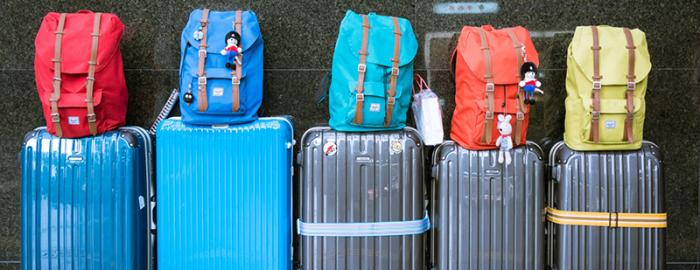How to Apply
Duke Global has compiled a comprehensive guide to applying for a passport. This guide covers the forms you need to fill out, the type of photos you will need to take beforehand, and the required documentation you’ll need to present.
Additionally, the U.S. State Department’s site should be your definitive guide for the most up-to-date information. View their site here.
If you are applying for a new passport (or replacing one that was lost or stolen), you must appear in person at a Passport Acceptance Facility. These facilities are usually post offices or government offices. The closest facilities to Duke are the Durham Post Office at 323 East Chapel Hill Street and North Carolina Central University at 1801 Fayetteville Street. Both locations require an appointment, which you will need to make well in advance. If you are having trouble finding an appointment nearby, return to the Passport Acceptance Facility database and widen your search.
Passport Costs
A new passport costs $165 while renewing a passport costs $130. Review the state department website to see the most updated fees.
You will also need to budget for passport photos. You can get official passport photos taken at the FedEx or Durham Pack & Ship on 9th Street, which will cost around $15 for two photos. Many drugstores also offer this service. Please review the passport photo requirements here.
If you receive financial aid at Duke, you may be eligible for assistance to pay for the fees associated with obtaining a passport. Please contact your financial aid counselor for more information. The Office of Global Affairs also supports a Duke Student Passport Fund to assist with passport-related expenses.
Non-U.S. Citizens
As an International Student, having a valid, unexpired passport is essential while studying here in the US. If your passport is about to expire, please be sure to follow the procedures of the country of issuance of your passport to have it renewed as soon as possible. Some countries may require that you renew your passport in the country of issuance while others may let you renew at their consulate or embassy in the US. Please be sure to check the procedures and processing times well in advance of having to renew. Also, if you have any questions about your status as an international student in the US, be sure to consult with Duke Visa Services.
Questions?
If you have any questions about applying for a passport, please let a GEO advisor know. We would be happy to help or point you in the direction of someone who can.










